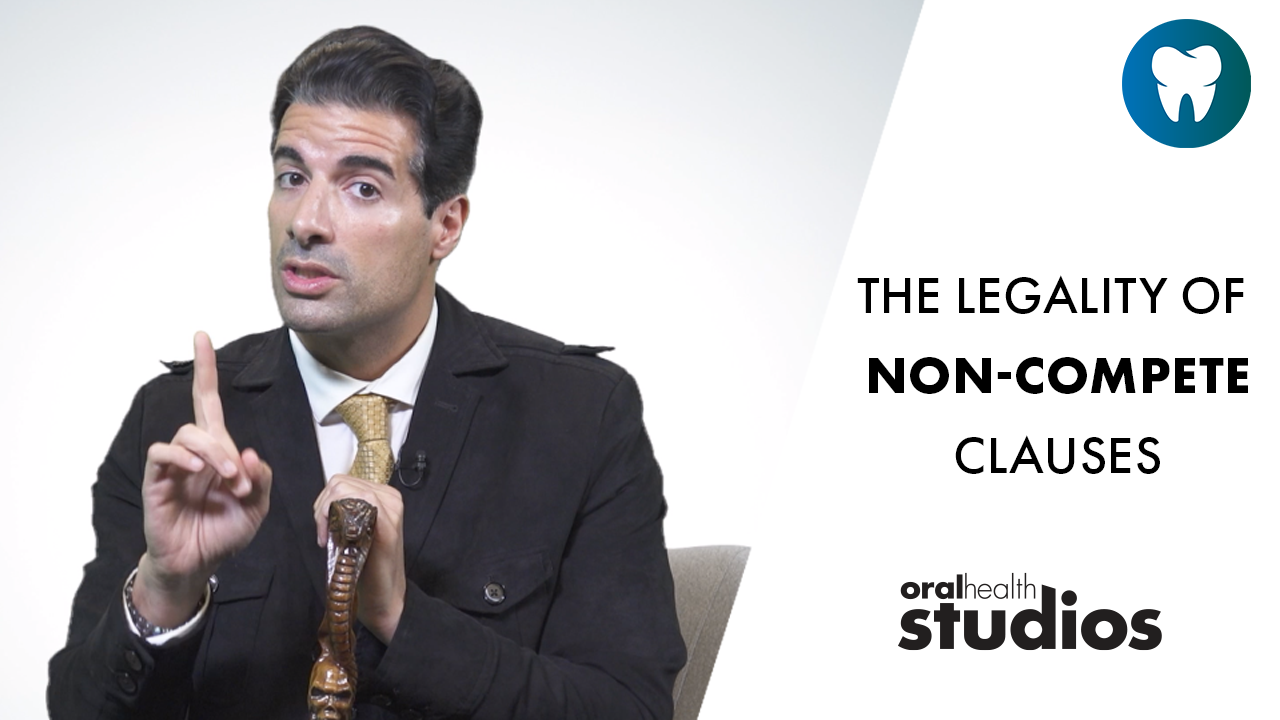Buying your first dental practice is a big deal; maybe not as big a deal as getting married but certainly as big a deal as buying your first house. What makes buying your first practice tricky is that there is probably a lot of business “stuff” that you don’t know or haven’t experienced. Additionally you are at a stage where you feel like you don’t have a lot of money to spend on good advice. Starting your career with a good practice purchase however is much more important than you might think and certainly worth more than the costs needed to avoid a bad purchase. I have set out five points (by no means all inclusive) that if followed should help you make a good purchase and avoid a bad one.
1 Advisors
Perhaps the most important thing to do when considering the purchase of your first practice is to get a good accountant. You need an accountant who handles lots of dentists and other professionals, preferably one who specializes in professionals and dentists. It is quite likely that you may end up with an accountant from out of town. Most of the accountants who specialize in professionals have clients scattered throughout a province and not just in their local area.
You will also need a lawyer and again should pick one that is experienced with the dental profession. A good place to get a legal referral is from your accountant. If you can, find out if a prospective lawyer has a reputation for facilitating deals or killing deals. What you want is a win/win lawyer. Win/win professionals are the ones that understand the importance of both parties succeeding in any transaction. Look for win/win professionals.
2 What Kind of Practice?
It is very important to know what kind of a practice you want. Do you want to practice alone or with one or more other dentists? Do you want a big city practice or a rural practice? Do you want a “fixer upper” or a practice that has already been “fixed up?” The answer to these questions will be crucial in helping you determine what to look for. There are big differences between all of the options noted above. If you start your search knowing what you want, you will save a lot of time and money and avoid the possibility of buying the wrong practice.
3 Due Diligence
Once you have found the practice you want, you will have an opportunity to do what is called due diligence, which is your opportunity to verify the information that is set out in the appraisal. Your accountant should be able to help you verify much of the financial information. All good accountants specializing in professionals will have specific procedures that they will want to do for you during the due diligence phase.
The most important thing for you to do is to review the and audit charts. You need to make sure that there are as many charts as set out in the appraisal. You also need to review the charts to ascertain the quality and quantity of dentistry the patients have been receiving from the seller. If the standards of care are very poor then you may have a problem educating and introducing patients to your standards. You may find a practice where virtually all of the dentistry has been done. What you are paying for when you buy a practice is the future revenues that will be generated by providing services to the patients of the practice. You need to ensure that there are actually patients there and that they still have work to be done and that the treatment planning and presentation of such work has a good chance of being accepted by the current patients.
4 Integration Plan
Before you actually buy your practice you need to make sure that you have worked out an effective plan to integrate yourself into the practice. Usually, this will require some co-operation from the selling dentist. Practice sales that are executed without much thought to the integration of the new owner into the practice tend to suffer from high patient attrition, which means that you will be left with fewer patients than indicated in the appraisal or even determined during the due diligence.
Ideally, you should develop a plan whereby the retiring dentist can personally introduce you to the patients of the practice. Different practice environments call for different introduction strategies and this is an area where your broker should be able to assist you in determining the most effective way of introducing you to the patients. To ensure that an integration is actually executed make it a condition of the purchase agreement.
5 Making Changes After The Purchase
Inevitably, after you have purchased the practice you will want to make some changes to its operations and protocols. In many cases, these changes will ultimately be very beneficial to the practice and the patients, however they should be made with caution. The first changes you make should be ones that are clearly beneficial to the patients. The last changes you should make are ones that are obvious and look expensive with little perceived value on the part of the patient.
If the fee guide is a couple of years behind the current guide, increase the fees slowly over two or three years. The general concept is to not give the patients the sense that “the new guy is more expensive or more pushy than the old guy.” If you make your changes too fast with no perceived value to the patients, they will leave.
If you think the practice needs to make some changes but you are not sure what they should be or how to make them, hire a consultant. All of the most successful practices have used the services of practice management consultants at one time or another. Often the cost of using a consultant immediately after or as part of a practice purchase, can be factored into your acquisition loan so that the impact on cash flow will be minimal.
Owning a dental practice is probably the best investment you will ever make if you get what you expect and pay a fair price. The effort and cost required to ensure that your investment is a good one is minimal compared to the return you can expect.









